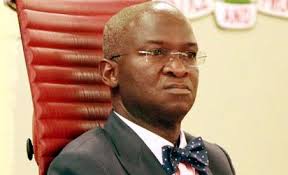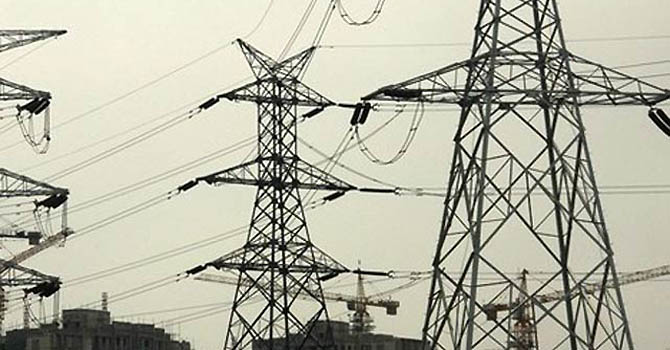
27 February 2017, Lagos – The recent comments by the Minister of Power, Works and Housing, Mr. Babatunde Fashola, on the rise in power generation to about 4,000 megawatts have been greeted with condemnation by individual electricity consumers as well as different consumer groups across the country.
According to them, the rise in power generation above 4,000MW has yet to translate into physical supply of electricity to households and businesses, as they argued that Nigeria’s power situation was still very poor.
In Lagos, Cross River and Imo states, Federal Capital Territory, as well as other states across the country, the reactions of consumers with respect to power supply were the same: no electricity!
They criticised the minister for stating that electricity generation had increased to 4,000MW, despite the fact that many parts of the country were still experiencing darkness and erratic power supply.
On February 19, Fashola stated that power generation in the country had stepped up to 4,000MW in the past two weeks.
The minister stated this in Benin while inspecting ongoing works at the Aduwawa axis of the Benin-Lokoja Expressway.
For several months, power generation had hovered around 3,000MW, a development said to have been caused by the incessant vandalism of gas pipelines supplying gas to the power plants.
Fashola’s statement on the recent gains in power generation was supported by several industry data released by the National Control Centre of the power sector in the month of February.
Last week, the NCC stated that the quantum of electricity that was sent out and delivered to households and industries across the country for the first time in one year crossed 4,000 megawatts-hour/hour on February 20, 2017.
This feat, it said, was surpassed a little on February 21, adding that the quantum of electricity delivered to consumers on the two days was 4,047MWh/h and 4,217MW/h, respectively, while power generation rose to a new high of 4,652.7MW on February 19.
Reacting to the disclosures by the minister and the NCC, the National President, Electricity Consumers Association of Nigeria, and a legal practitioner, Mr. James Chijioke, told our correspondent that the government should be ashamed to state that Nigeria was still struggling to generate 4,000MW of electricity.
He said, “There is no improvement in power supply. A lot of consumers across the country are complaining and they channel some of these complaints to us that they stay for several days without light. Are you talking about 4,000MW for a country that wants to diversify its economy and increase its local manufacturing base?
“In fact, I’m ashamed that we are telling ourselves that we have 4,000MW for more than 150 million people, while South Africa has 40,000MW generation and evacuation capacity and the population there is about 40 million. There is actually nothing to cheer about.”
Also refuting claims of improvement in electricity supply following the rise in power generation, the National Secretary, National Electricity Consumers Advocacy Network, Mr. Obong Eko, stated that aside from the fact that power supply had been erratic, the electric current being supplied to many locations had been very low.
Eko said, “You can barely see with it, for the light of a match-stick is brighter than what we get here in my village in Cross River State. And while you are expecting them to rectify the situation, before you know it, the whole thing is gone.”
Another consumer in Orlu, Imo State, Mr. Gideon Augustine, stated that despite the poor power situation, consumers under the estimated billing system were still getting very high monthly bills from the power distribution companies.
On why the power situation was still poor three years after privatisation, the Executive Director, Association of Nigerian Electricity Distributors, Mr. Sunday Oduntan, told our correspondent that the Discos only distributed what they got from the Transmission Company of Nigeria.
On complaints against exorbitant estimated bills despite the poor supply of electricity, Oduntan argued that the methodology that was adopted by the Discos was what they got from the Nigerian Electricity Regulatory Commission.
He said, “Talking about billing, just because you are not metered does not mean you should be using electricity free of charge. Estimated billing is a legitimate thing. They do it abroad. Whoever has no meter will be placed on estimated billing. And in the case of Nigeria, the estimated billing that we use is based on the methodology given to us by our regulator.”
- Punch



